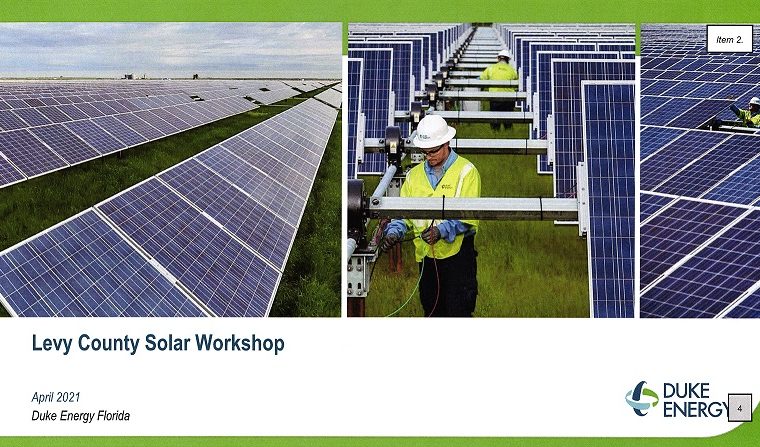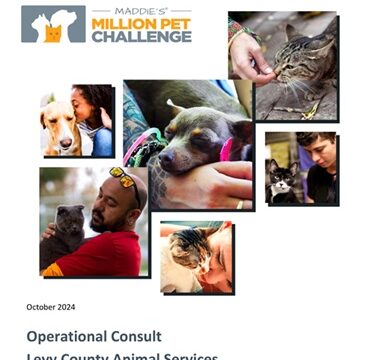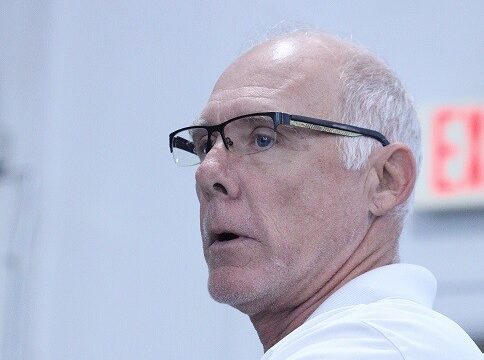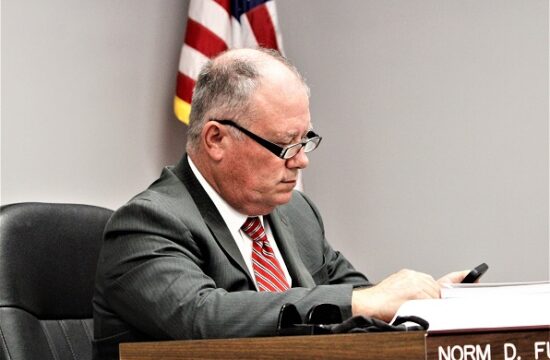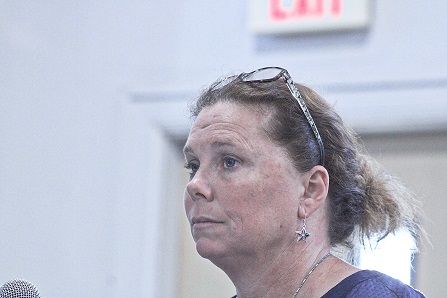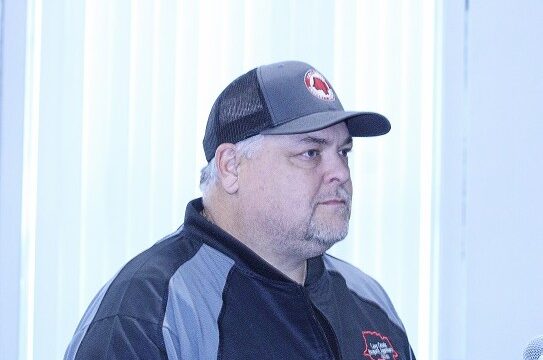By Terry Witt – Spotlight Senior Reporter
Solar farming is new to Levy County and no one is absolutely certain how much tax revenue the facilities will generate but the initial forecast of $400,000 per year from the Chiefland solar farm appears to have been a bit optimistic.
County Commissioner Matt Brooks said in a text to Spotlight the farm would produce $400,000 annually over the 30-year life of the 750-acre Chiefland farm for a net tax revenue gain of $12 million.
Property Appraiser Osborne Barker, in a separate interview, said the estimate he received for the full value of the farm was $92 million, but he said the value would depreciate 4 percent annually over the 25-year life of the farm.
In its first year on the tax roll, the Chiefland solar farm would generate about $308,000 in tax revenue. The revenue would gradually decrease due to reductions in value over the life of the farm, Barker said.
But he said there is a bright side.
“It’ll be paying a lot more taxes than it’s paying right now,” Barker said in reference to the portion of the Chris Hardee farm near Chiefland that is being converted to solar farming.
Barker said everything is hypothetical at this point because the farm hasn’t been built and the owner hasn’t discussed values and depreciation with his office. He said they will arrive at a fair value and assessment.
Barker said the state will exempt 80 percent of the solar farm’s value from property taxes each year. The remaining 20 percent of the farm’s value would be subject to county taxation. He said the $308,000 would be generated from the taxable portion of the property.
Barker said the numbers he provided for this story were developed by a contractor he has hired to handle utility taxation issues for the appraiser’s office. He said the contractor consulted with the Department of Revenue.
There is currently one approved solar farm in Levy County, which is the farm near Chiefland, and three proposed farms in the northern part of the county. A fourth solar farm is proposed in the city limits of Bronson.
On a somewhat related subject, a bill in the Florida Legislature that would have stripped local governments of the ability to decide on whether a solar farm and/or another energy project could be developed was apparently rewritten late in the session. It appears Senate Bill 586 now deals only with fuel retailers and doesn’t preempt local governments from restricting development or siting of fossil fuel and renewable energy projects including solar, based on information on the Senate website.
State Sen. Jennifer Bradley and State Rep. Joe Harding, both of whom represent Levy County in the legislature, didn’t return phone calls last week from Spotlight. The two state lawmakers would have been asked to comment on the original version of SB 586 and clarify language in the bill’s rewrite as well as disclose how they planned to vote.
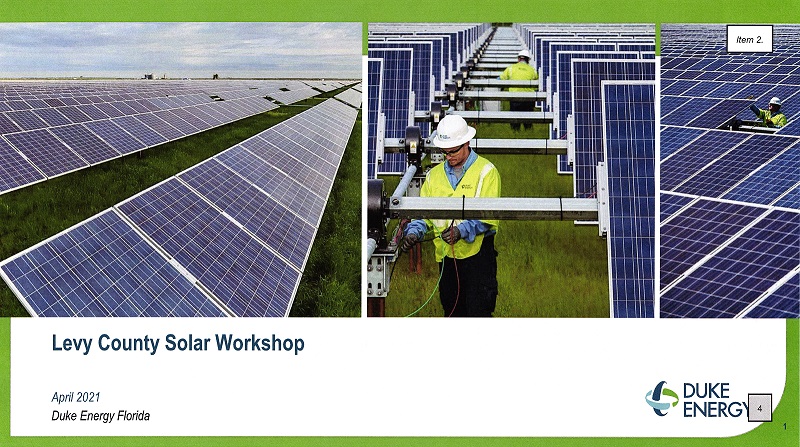
—————-
Photo from agenda workshop packet April 12, 2021
Board of County Commission Regular Meeting April 20, 2021; Posted May 1, 2021


